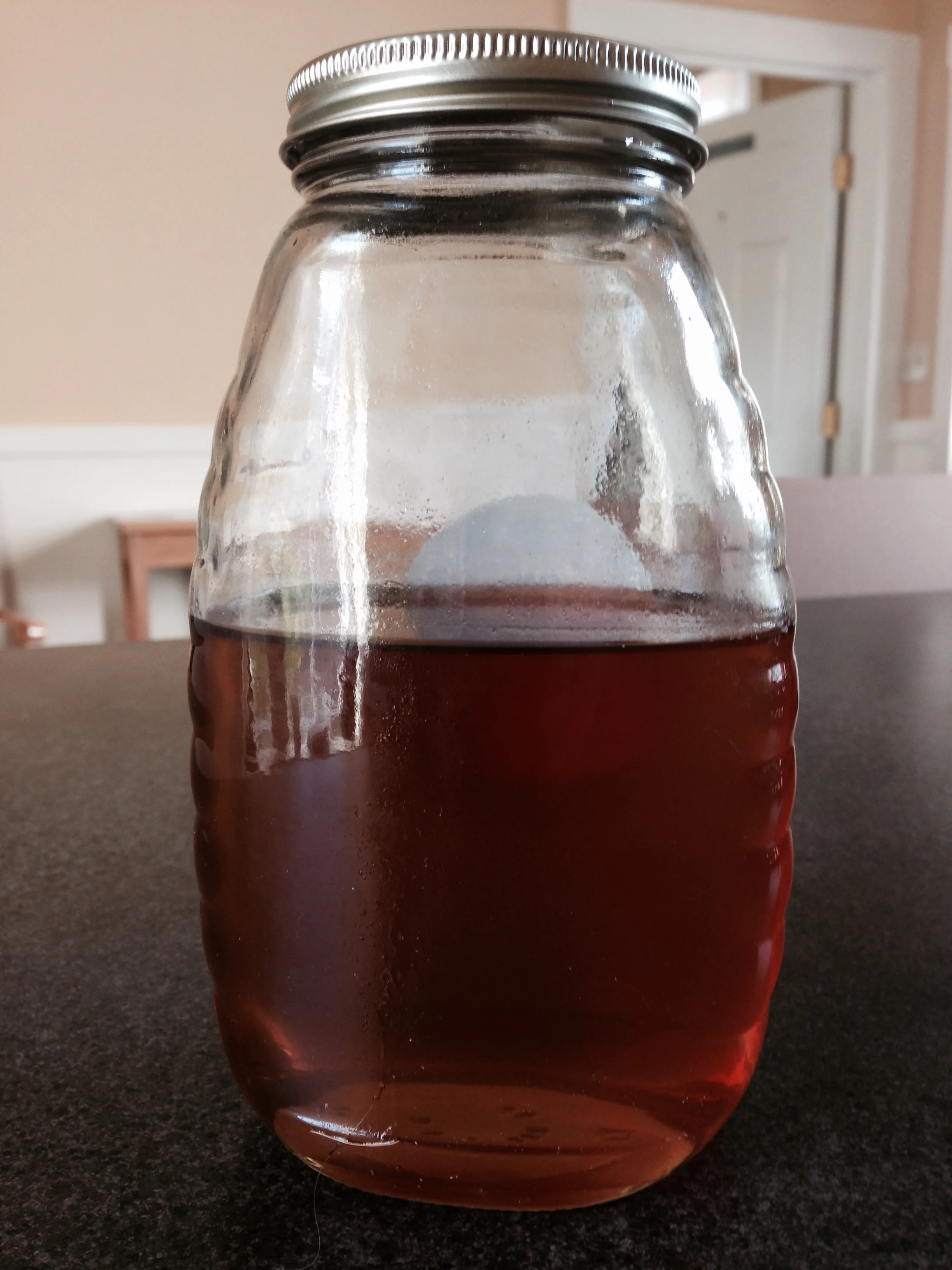In a new study published by researchers at Monash University in Australia, researchers conclude that “routine use of lactulose and fructose breath tests in functional bowel disorder patients is not supported due to its poor reproducibility.”
In other words, don’t bother.
This is newsworthy because, in the past, breath tests* for fructose malabsorption have been used to decide which patients to include in clinical research about FODMAP and IBS. In the clinic, breath tests have been used to decide which patients might benefit from low-FODMAP diets, and to individualize the diet for patients. Some clinicians advise patients that if they have had a negative breath test for lactose or fructose, then the sugar in question is “not a FODMAP” for them, and that they needn’t exclude it from their low-FODMAP diet. These past practices may need to be reconsidered.
This new study, by C.K. Yao and colleagues, looked at whether the result of a single breath test is an adequate tool for clinical decision making. Although the paper is rather involved, with loads of statistics, let’s zero in on what happened when 30 patients with a variety of functional gut disorders (most with IBS) took two fructose malabsorption breath tests at least two weeks apart. Researchers compared the results of the two tests for each person, and guess what? For most individuals, the test results were not reproducible. For example, fully 30% of the people who tested positive for fructose malabsorption during the first test, “lost” their positive response a few weeks later, even though they were not directed to change their diets in between. It seems the tests provided information about what was happening at a single point in time, but this study calls into question whether they can be used to define a person’s essential ability to absorb fructose.
Taken together with other studies that have come before it, my take-away from this part of the new paper is to continue my current practice with fructose malabsorption breath testing: I don’t recommend it. And even if patients say that “fructose malabsorption has been ruled out” with a negative breath test, I ask them to humor me and exclude fructose anyway during their low-FODMAP diets.
(I have similar thoughts on lactose breath tests and managing lactose intake during FODMAP elimination diets, but I will save that discussion for another day.)
*How do breath tests work, anyway?
Poorly absorbed sugars are left behind in the intestines. When the microbes that live in our digestive tracts encounter the sugars, they convert them to gases and other substances in a process called fermentation. (Don’t worry, fermentation by gut bacteria is a normal part of the workings of the human body, and many of the products of fermentation are healthy for us.)
Gases produced this way can be 1) eaten, in turn, by other microbes 2) passed as flatulence/wind or 3) absorbed into the bloodstream. Gases in the bloodstream circulate around to the lungs, where they are exhaled, and can be measured in breath.
When taking a breath test, the patient drinks a dose of a test sugar. In the Yao study, the test sugars were lactulose or fructose, though this post is only discussing the results of the fructose tests. The theory is that when fructose is thoroughly and quickly absorbed, very little extra hydrogen gas is produced, so there is little rise in breath hydrogen. When fructose is malabsorbed (left behind in the intestines) lots of gas is produced by gut microbes, and there is a significant rise in breath hydrogen.
This page may contain affiliate links. We are a participant in the Amazon Services LLC Associates Program, an affiliate advertising program designed to provide a means for us to earn fees by linking to Amazon.com and affiliated sites.

